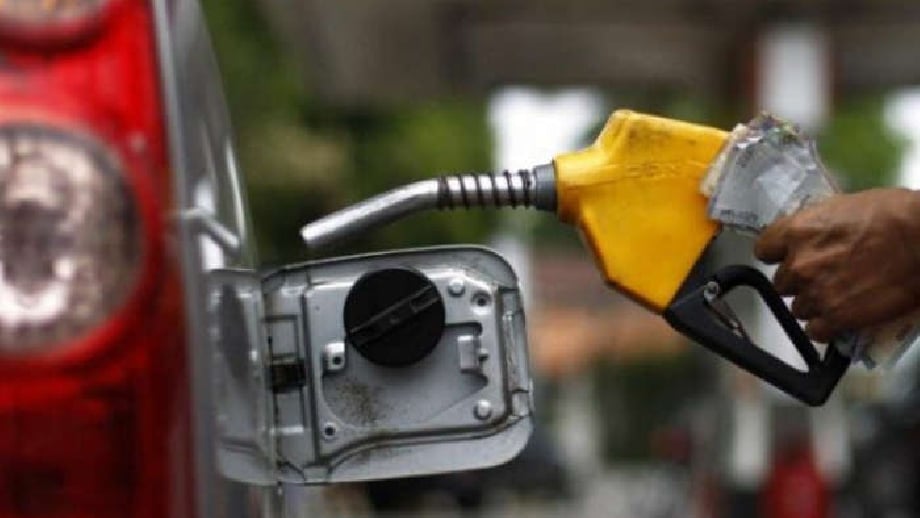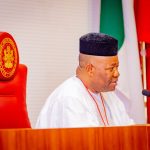
In what seems to be an unsettling trend, reports suggest that the pump price of petrol is on the verge of yet another hike, marking the third consecutive increase within a mere span of 10 weeks. Insider sources within the oil marketing sector have revealed that the landing cost of petrol has surged significantly, registering a staggering month-on-month (MoM) rise of 37.4%, soaring from N460 per litre in June 2023 to a startling N632.17 per litre in July 2023.
The landing cost computation, which does not encompass additional charges such as depot-related fees, transportation logistics, and the margin for marketers, is poised to drive the final delivery price at filling stations close to N700 per litre.
Forecasts from industry insiders, speaking to Financial Vanguard, indicate that the landing cost is poised to escalate further in August. The factors that fueled the surge in July’s figures have reportedly worsened in recent weeks.
Foreign exchange volatility remains a pressing concern, with scarcity persisting and exchange rates continuing to deteriorate. In the official market, the Naira witnessed a depreciation of about 6.5%, while the parallel market experienced a substantial 25% drop since the most recent pump price adjustment.
The escalating cost of fuel imports is another substantial contributor to the situation, responding to the uptick in global crude oil prices. An analysis of a major operator’s transactions, obtained by Financial Vanguard, revealed that the total direct cost incurred by marketers was N604.14 per litre. A comprehensive breakdown highlighted various costs including product cost, freight charges, port fees, levies, storage expenses, marine insurance, and finance costs, amounting to N28.04.
This analytical breakdown underscores the massive financial implications of the rising import costs. For instance, calculations for the landing cost of 28,000 metric tons of imported petrol surpassed $25 million, encompassing total product costs, direct costs, and finance costs. Despite generating over N22 billion in sales revenue, this would result in a staggering loss of over N1.6 billion.
As a direct consequence of these escalating costs, oil marketers argue that importing petrol at the current pump price is no longer economically viable. Moreover, the government has not guaranteed a free float of pump prices, compounding the industry’s challenges. As a result, the Nigerian National Petroleum Company Limited (NNPCL) has essentially become the sole importer, with minor private importations dwindling.
The situation is further exacerbated by Nigeria’s declining crude oil output, which jeopardizes its capacity to import refined products. According to the August 2023 Monthly Oil Market Report (MOMR) from the Organization of the Petroleum Exporting Countries (OPEC), Nigeria’s oil production decreased by 6.5% YoY to 1.26 million barrels per day in July 2023, compared to 1.2 million bpd in the same period of 2022. On a MoM basis, the output dropped by 3.0% to 1.26 million bpd in July 2023 from 1.3 million bpd in June 2023.
Industry experts weigh in on the situation, offering insights into its ramifications. In a conversation with Financial Vanguard, Mike Osatuyi, the National Operations Controller of the Independent Petroleum Marketers Association of Nigeria (IPMAN), noted the potential benefits of high crude oil prices for the government’s revenue. He mentioned that this additional revenue might be channeled towards funding various projects and programs, as the government is no longer burdened by fuel subsidies. However, Osatuyi acknowledged that consumers would have to bear the brunt of higher fuel prices, which have been deregulated. He remained optimistic that competition might eventually lead to price reductions.
The market’s volatility and instability have not only impacted importation but have also discouraged the massive investments that a deregulated market should attract. A major operator, speaking on the condition of anonymity, stressed the need for President Bola Tinubu to intervene in managing the nation’s foreign exchange, as this intervention could potentially salvage the deregulated market from confusion, stagnation, and possible collapse.
In the face of this complex situation, market intelligence from the United Kingdom-based Argus predicts that the downward spiral of Nigerian crude values could escalate. The ongoing upward trend in crude prices might result from sustained demand from Europe. While high crude prices and the continuous depreciation of the Naira pose challenges to effective deregulation and increased participation by marketers, Argus emphasizes the importance of transparency in the supply chain and suggests their Eurobob pricing benchmark for gasoline.
As the petrol price crisis unfolds, it remains to be seen how various stakeholders, including the government, oil marketers, and consumers, will navigate the complex landscape of Nigeria’s fuel market.





Comments are closed.